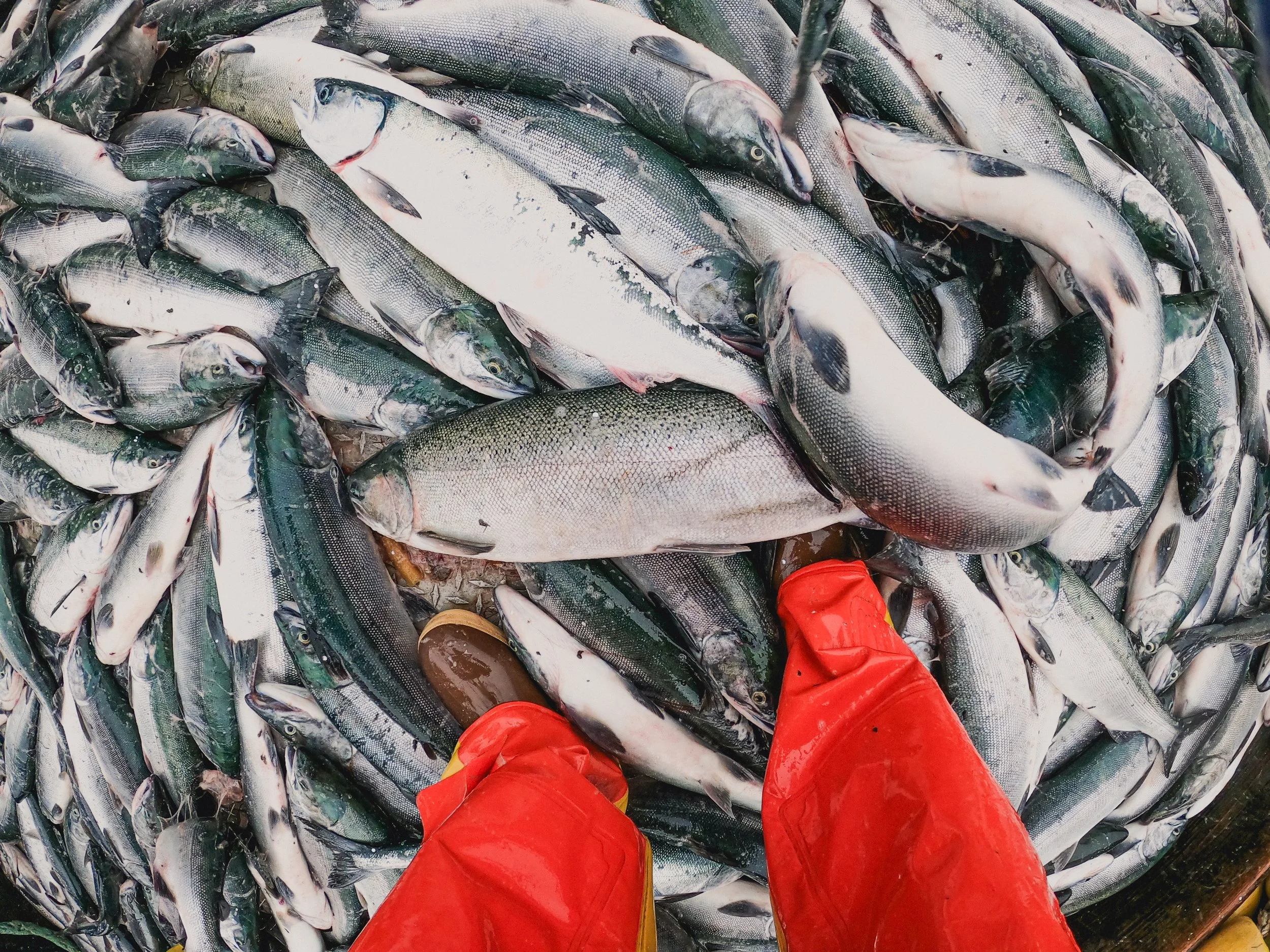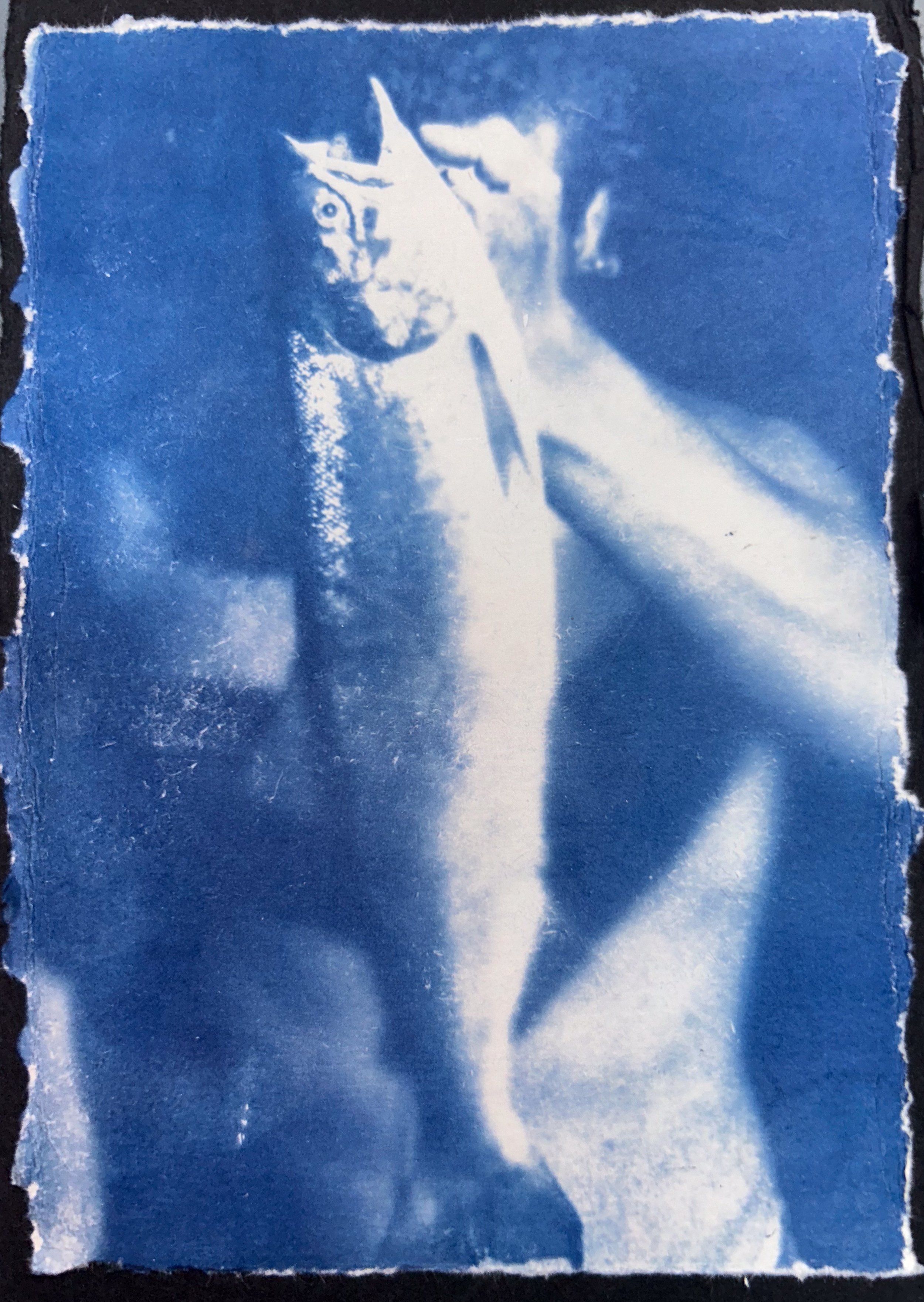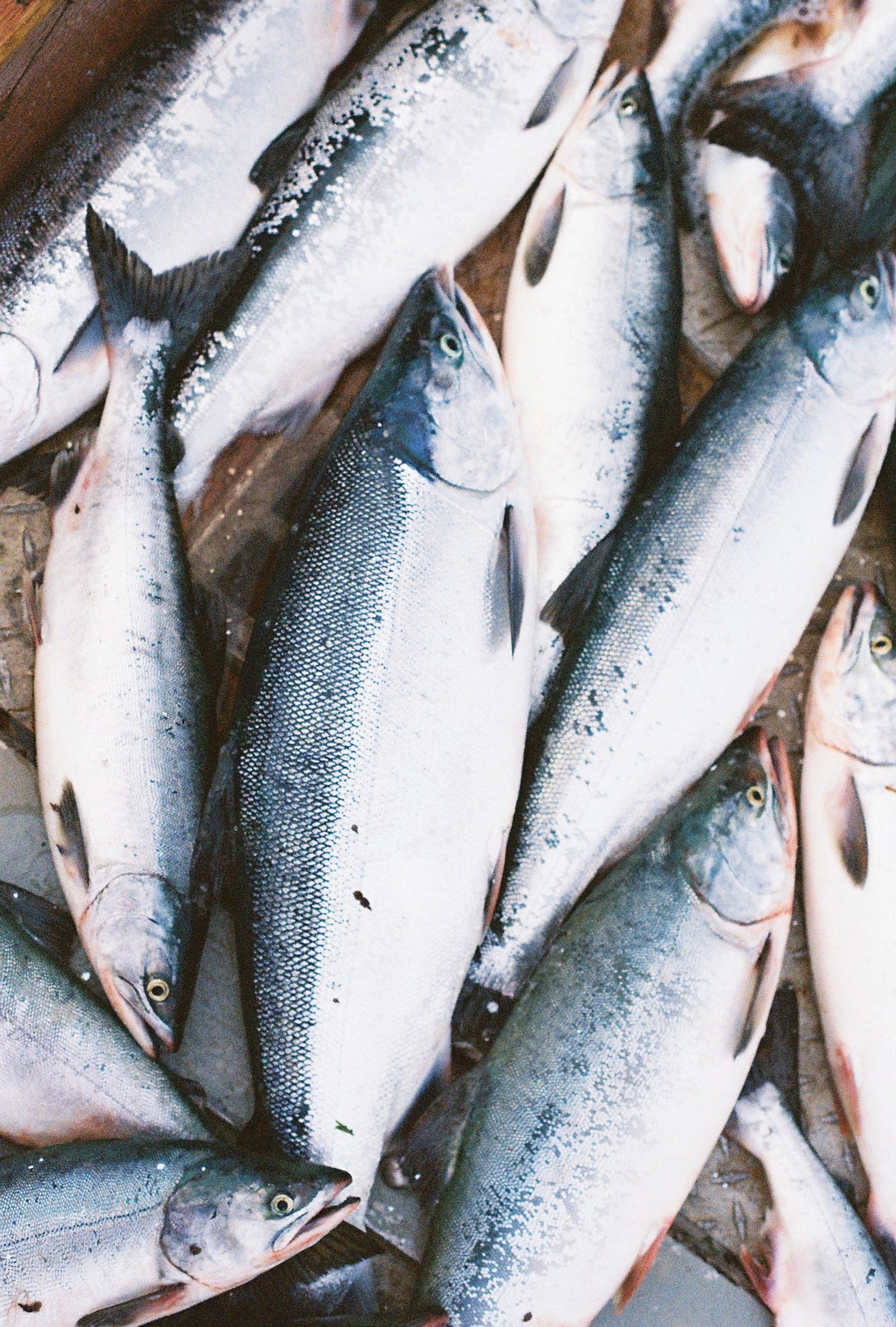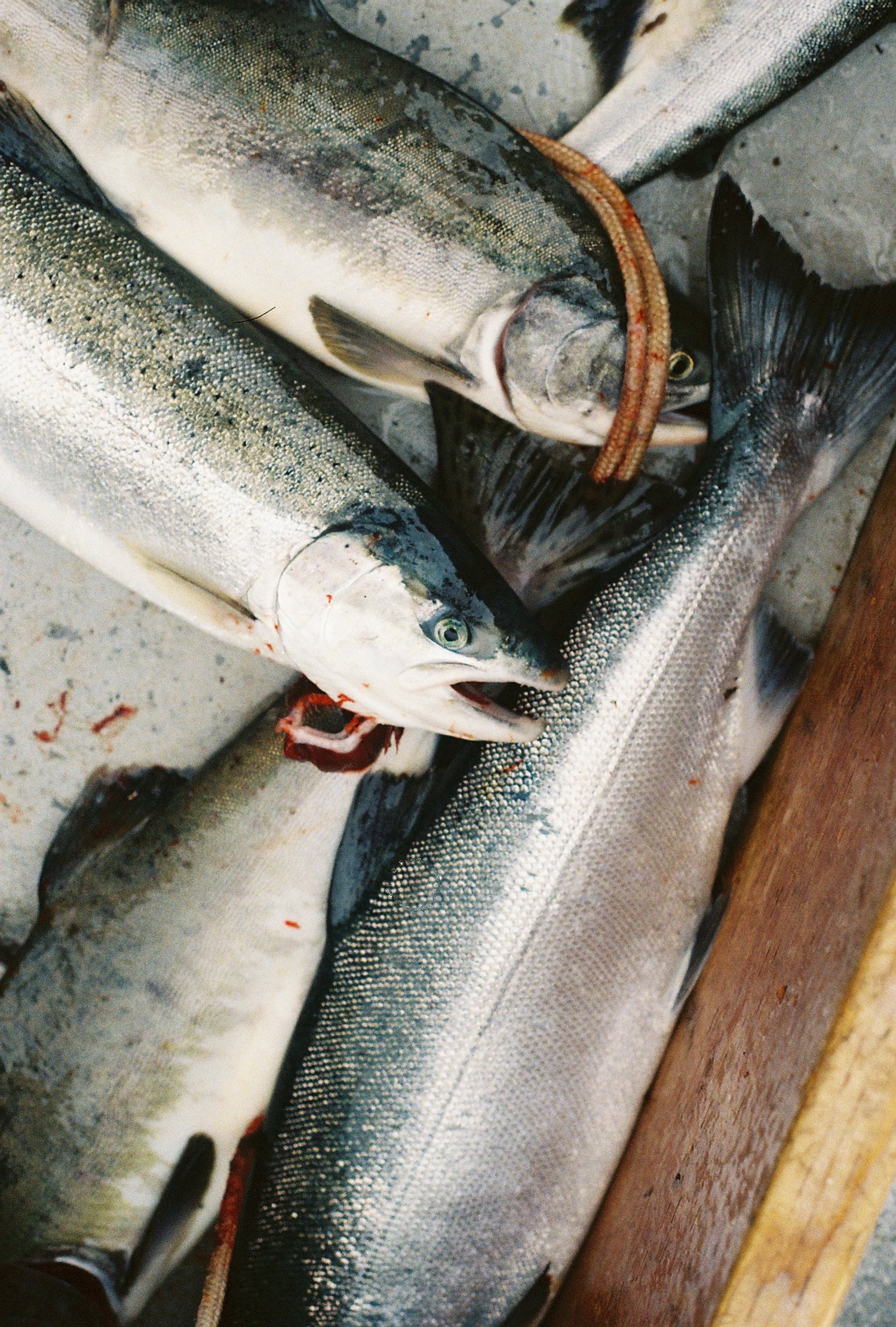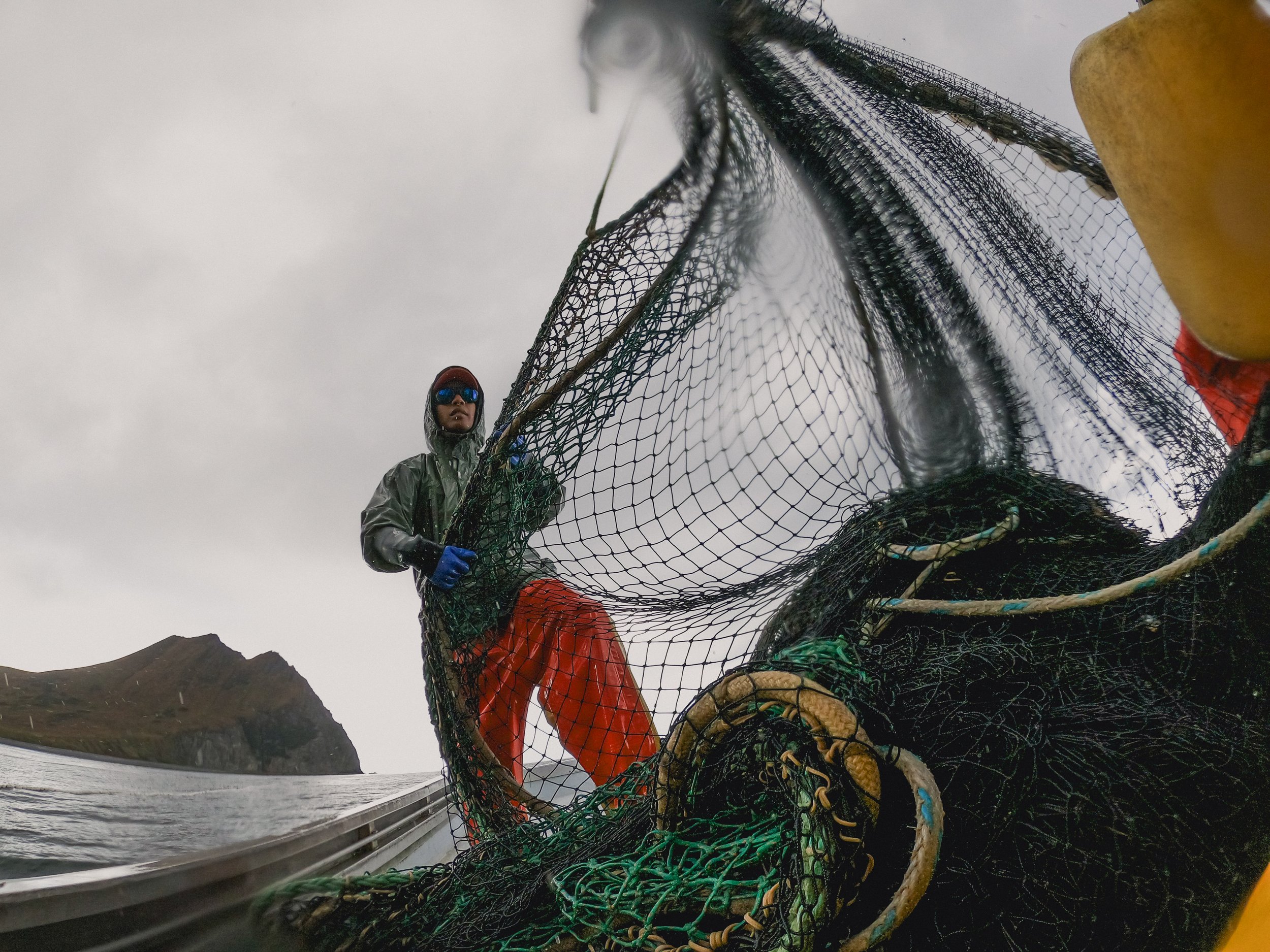Not All Those Who Wander Are Lost
Exercising the freedom to break away from ordinary life is admirable. Wanderlust brings inspiration, anxiety, expansion, and purposefulness—sometimes all at once. Wandering is freeing. And uneasy. But, oh, the possibilities.
Your closest friends and family may not fully understand the paths you’ve chosen. Maybe you avoid explaining, finding comfort in being the trailblazer. After all, who—other than you—needs to understand what wanderlust allows you to break through?
Some things in life defy economic reasoning. With today’s fish prices in mind, you’re forced to be honest—your quest isn’t entirely about money. It’s deeper than that. You’re a fiend for self-development through experiencing the unknown and confronting unforeseen challenges. I call it like I see it: Not all those who wander are lost.
dès vu
There’s a term in The Dictionary of Obscure Sorrows by John Koenig that describes the awareness that this moment will become a memory—dès vu. How often do you feel it when you’re out on the water, playing boats? Is it the one thing keeping you from throwing in the towel—knowing it’ll all be over soon?
Whether the moments bring joy or despair, they’re all fleeting—soon to be involuntarily embedded in memory. You’ll tell yourself that if you can just get through the pain and restlessness—while somehow holding onto the joy—you’ll come out on the other side of it alright.
And so, you do.
WHO AM I?..
The constant analysis of my personal growth can feel so cringe, but I’m in awe of this process of breaking down to reconstruct a better, more sustainable structure. Who would’ve thought I’d find myself spending summers off the coast of the final frontier, exploring the depths of my mind in connection to my body by way of commercial fishing?
When it comes to commercial fishing, whether you have a good or bad season, leaving empty-handed is completely up to you.
I’ve had my share of both throughout my journey as a commercial salmon fisherwoman in Kodiak, Alaska. Some seasons, I barely broke even. Others were as lucrative as I’d hoped. One could argue that the losses are more impactful than the wins. Those long, soggy days crying in the rain in a corner somewhere no one’s watching. Puking in between sets. Picking up slack from lazy crew members. Sleep deprivation. Those days spent second-guessing my decision to even embark on such a relentless journey.
Klexos fills my mind when I think back on the days I’ve lost count of, but it was never enough to call it quits. That constant battle with resilience has, in return, gifted me with the unwavering ability to expand the parameters of my capacity to strategically muscle through extremely difficult situations.
I’m no Bering Sea fisherman, but I’d like to think we’re all in the same boat somewhere off the coast of Alaska in the Pacific Southeast/West.
For the longest time, I was apprehensive about sharing my experience as a commercial fisherwoman. I grappled with what the appropriate narrative would be for someone like me, who wasn’t born into this industry. Who am I to speak about my experience? I’m not on Deadliest Catch. I can only tie four knots. I’m not the best at mending. I can’t do fancy tricks in the skiff. And I only fish a few months out of the year.
So, who am I?
Angel Tirado.
Five-year deckhand fishing out of Kodiak, Alaska.
Photographer.
Artist.
Entrepreneur.
Lover.
Fighter.
Friend.
You & Your Momma
Trying to have a conversation with someone in the Lower 48 about commercial fishing without them mentioning Deadliest Catch—it’s impossible. Everyone and their mother watches that show for some reason. Say the words commercial fishing to someone, and I guarantee they’ll have no idea what you’re talking about.
It reminds me of how confused I was when I first heard about it back in 2020. People know it exists, but they never really think about it—because they don’t have to. No one is considering the effort, risk, or resources it takes to bring their food to the table.
One thing’s for sure—the fish sure as hell don’t catch themselves.
Woe Isn’t Me
I sometimes find myself resonating too often with the downsides of this lifestyle. For the past five years, I’ve traded relaxed, enjoyable summers for four months of hard blue-collar work—stacking gear for 12 hours a day (give or take), constantly getting slapped in the face by jellyfish, and puking my guts out in between sets. Sounds horrible, right? But woe isn’t me. Even while hurling over the side of the boat, I’ve never been miserable enough to want to quit.
Of course, I’ve had inner dialogue screaming at the captain to get the fuck out of the ditch—because it’s literally not a fun place to be. But even in my weakest moments, the option to stare out at some of the most beautiful views I’ve ever seen has always brought gratitude instead of regret. Sure, the work is intense, but with the right circumstances, it can be a very fun gig.
Commercial fishing becomes quite the adventure when you’ve got an amazing crew, a solid captain, and when you make the conscious decision to put your best foot forward every minute of the day. It’s a challenging environment whether the conditions are ideal or not, and at some point, you have to take accountability for putting yourself in that situation. It’s your fault. Now, all that left to do is face the music.
